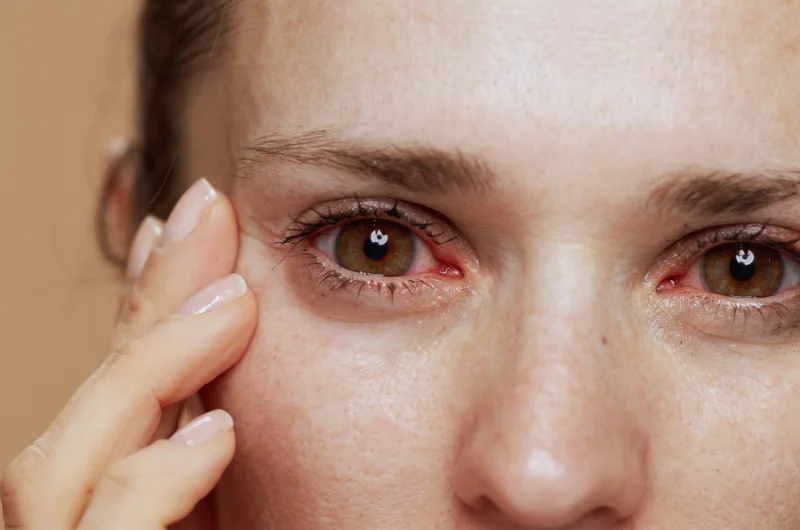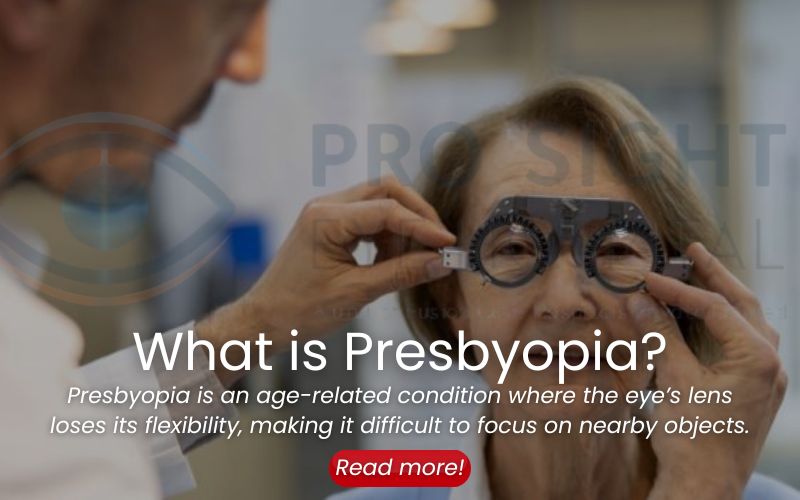
Eye Flu Treatment: Types, Symptoms, Precautions
Eye flu, also referred to as conjunctivitis, is an infection or inflammation of the conjunctiva — the transparent tissue layer covering the white of the eye and the inner eyelids. It is contagious, spreading quickly during peak outbreak seasons, and infects both children and adults alike. Though typically not severe, correct treatment and precautions are necessary in order to prevent any complications and avoid spreading it.
Types of Eye Flu (Conjunctivitis)
Viral Conjunctivitis
- Caused by viruses like adenovirus.
- Extremely contagious and tends to spread through coughing, sneezing, or direct contact.
- Usually accompanied by a cold or upper respiratory infection.
Bacterial Conjunctivitis
- As the name implies, bacterial conjunctivitis is caused by bacteria like Staphylococcus or Streptococcus.
- It usually happens because one touches eyes with dirty hands or applies contaminated makeup/towels.
- It is also contagious and tends to bring about thick discharge.
Allergic Conjunctivitis
- Caused by allergens like pollen, dust, smoke, or pet dander
- Not contagious
- Often seasonal and is also accompanied by sneezing or nasal allergies
Common Symptoms
- Red or pink discoloration in the white part of the eye
- Itching, burning, or gritty feeling
- Excessive tearing or watery eyes
- Swollen eyelids
- Thick yellow or green discharge (more common in bacterial cases)
- Sensitivity to light
- Crusting of eyelids, especially after sleep
If you notice these symptoms, it's best to avoid self-medication and consult an eye specialist.
Treatment
For Viral Conjunctivitis
- Usually clears up on its own within 7–10 days
- Use lubricating eye drops (artificial tears) for comfort
- Cold compresses help reduce swelling
- Antiviral drops may be prescribed in severe cases
For Bacterial Conjunctivitis
- Antibiotic eye drops or ointments are often prescribed
- Symptoms typically improve within a few days of starting treatment
For Allergic Conjunctivitis
- Antihistamine or anti-allergy eye drops
- Avoid exposure to allergens
- Cold compresses can help relieve itching
Note: Never share eye drops with others and always use medication as prescribed by your doctor.
Precautions to Prevent Spread and Speed Up Recovery
- Avoid touching or rubbing your eyes
- Wash your hands frequently with soap and water
- Do not share towels, pillows, or cosmetics
- Avoid using contact lenses until fully recovered
- Use clean tissues or cotton pads to wipe the eyes
- Stay home from school or work during the contagious period
- Dispose of infected eye makeup and avoid reusing it
When to Visit an Eye Specialist
If your condition gets worse or doesn't get better in a few days, or if you get pain, have changes in your vision, or severe swelling, get immediate medical care. Early treatment can avoid complications and save your sight.
Professional Eye Care at Pro Sight Eye Hospital
At Pro Sight Eye Hospital, we offer precise diagnosis of the eye infection, customized treatment for all forms of conjunctivitis, child and adult-friendly care and state-of-the-art facilities and empathetic specialists.
Eye flu is common, but with proper care, it doesn't have to become an issue. Early diagnosis, cleanliness, and medical treatment are the pointers for quick recovery and avoiding transmission. Protect your eyes — healthy eyes mean a healthier life.


